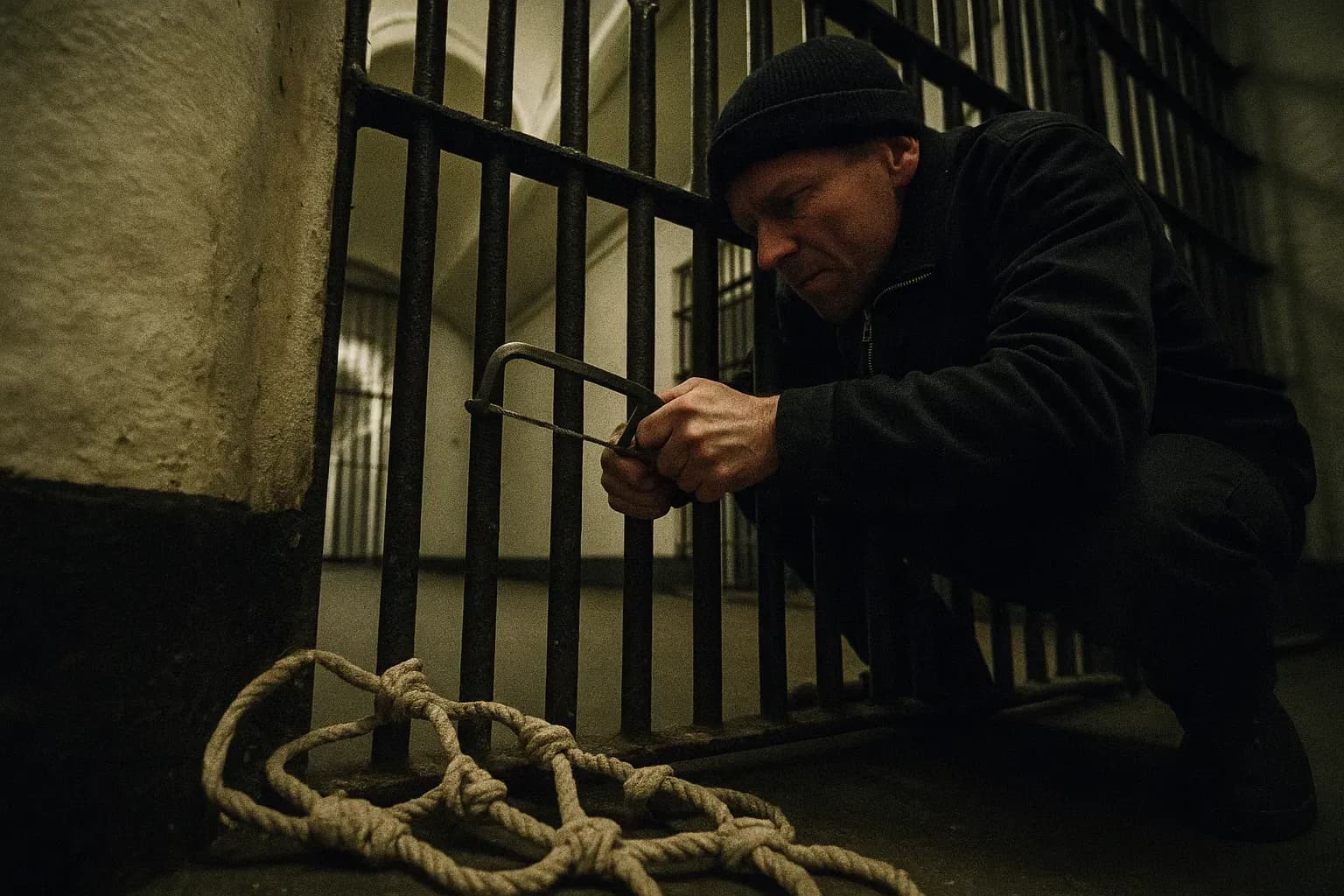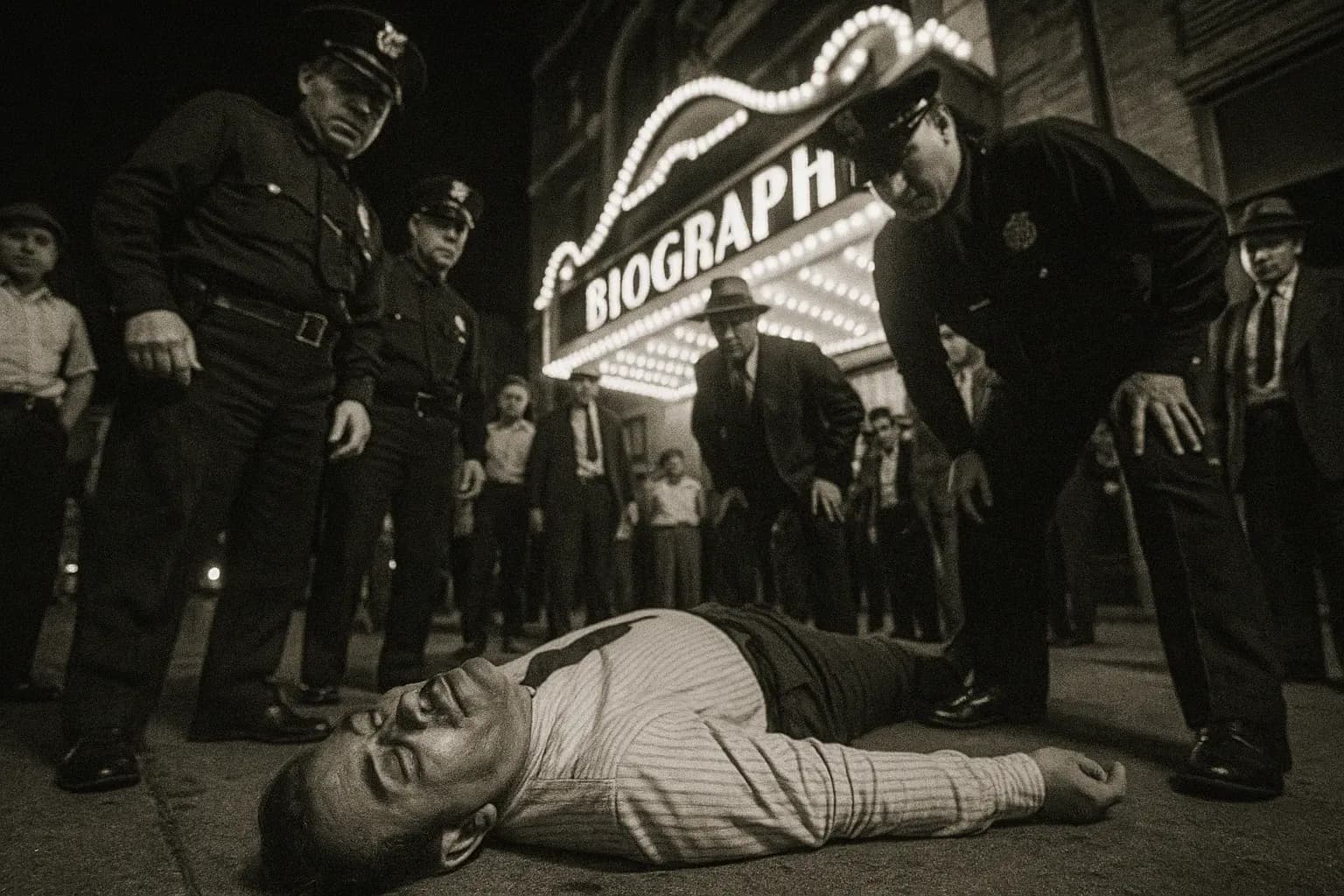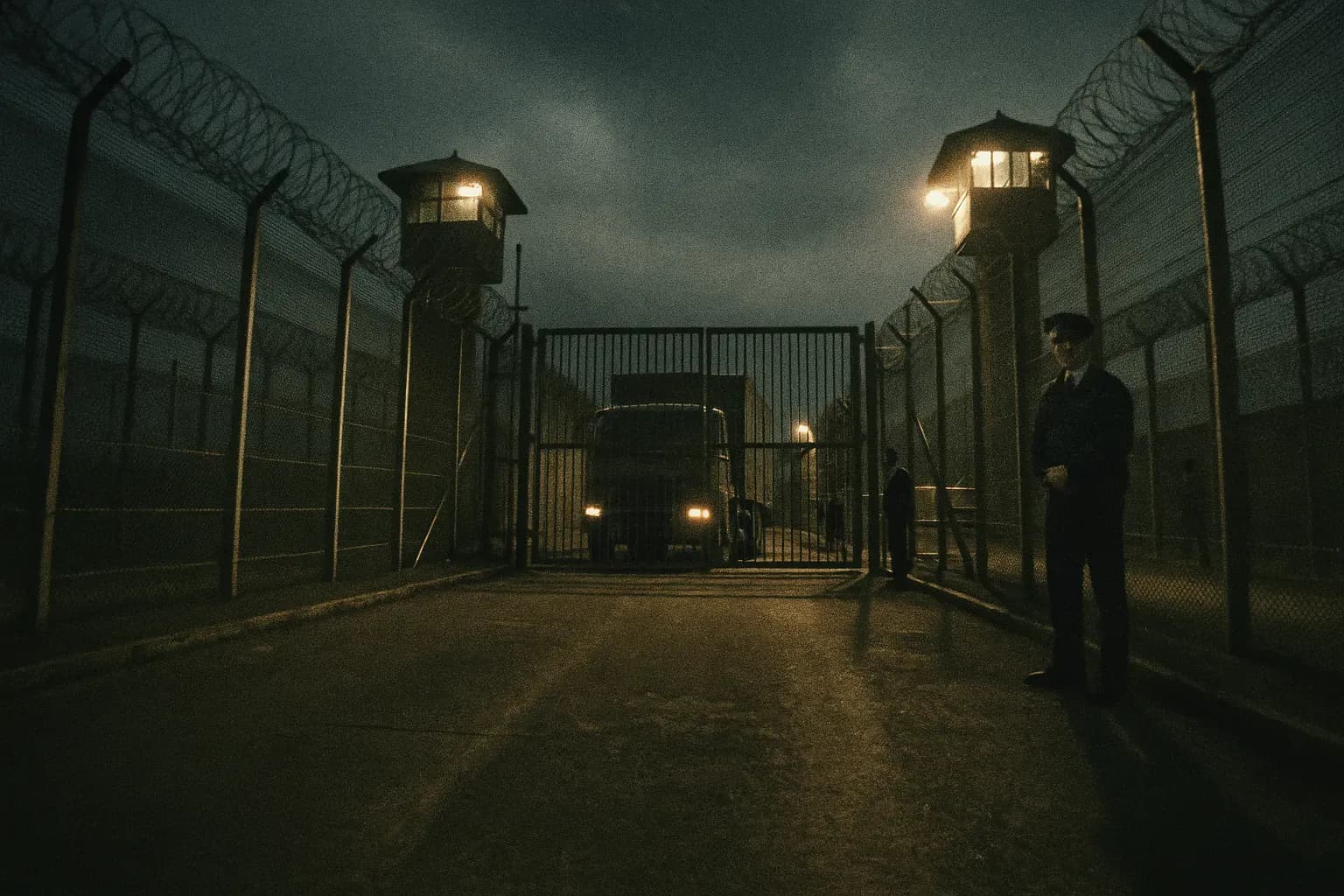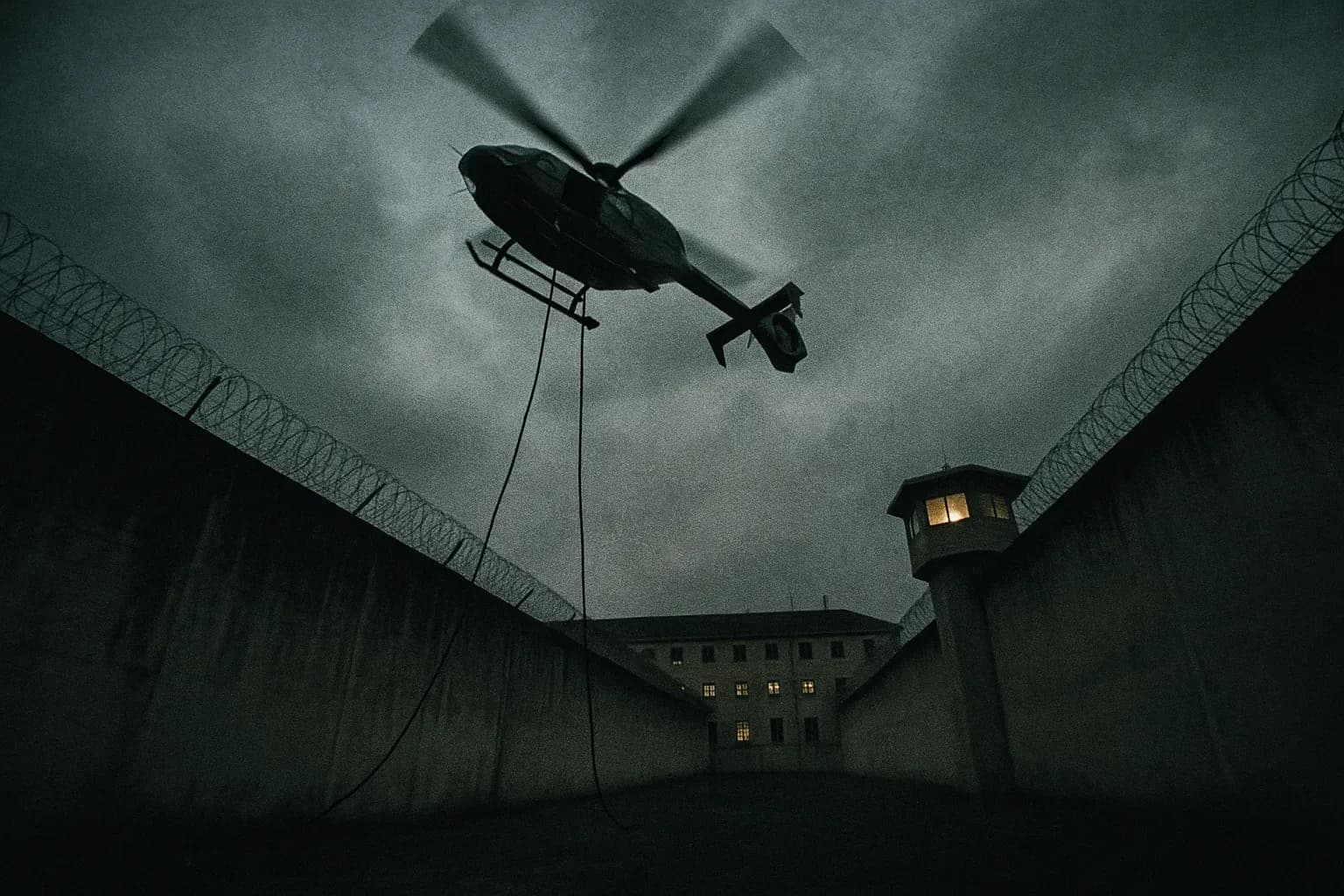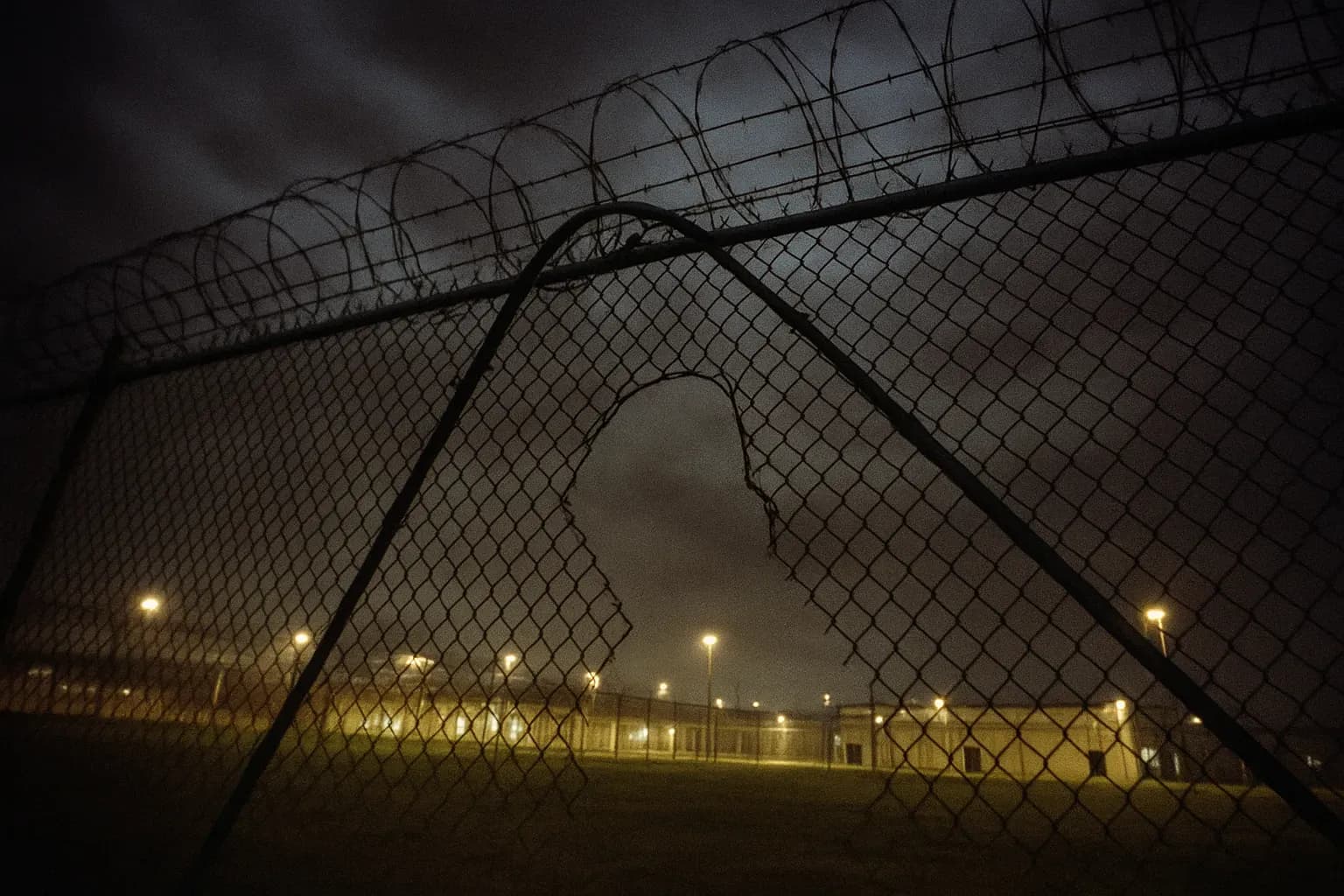
Escape
When prisoners break free – desperation, planning, and the intense manhunt
What drives prisoners to escape? From desperate acts to calculated plans, triggering intense manhunts and shaking society.
When prisoners break free – desperation, planning, and the intense manhunt
What defines an escape and why trigger a crisis?
In true crime, escape refers to the illegal act of an arrested, accused, or convicted person evading lawful custody or imposed detention. This act instantly transforms a controlled situation into an acute crisis. It not only triggers extensive and resource-intensive searches, often led by the police, but also creates genuine public fear and a threat to public safety, as a potentially dangerous perpetrator is now at large. A prison escape is often a desperate move, but it can also be the culmination of cold-blooded calculation and meticulous planning, revealing both the perpetrator's willpower and the vulnerabilities of the justice system.
Why inmates take risks: Motives and success methods
The motives behind an escape are as varied as the individuals who attempt it. They range from a burning desire to evade a lengthy prison sentence after a trial and the subsequent confinement, or a deeply felt conviction of one's own innocence, to a cynical intention to resume a criminal career or avoid prosecution for other, undiscovered crimes – potentially including an unsolved case. The execution of an escape itself ranges from impulsive acts, where a sudden opportunity is seized, to highly complex and meticulously orchestrated operations. These can involve anything from external help from accomplices, smuggled tools and weapons, to the sophisticated exploitation of weaknesses in prison security, during transport, or even from courthouses, highlighting the constant ingenuity that can lie behind a prison escape.
After the escape: Time race, new threats, justice test
The consequences of a successful escape are always severe. Besides the inevitable extension of the sentence for the escape itself, the period at large poses a significant risk, as the escapee may commit further crimes to survive, evade capture, or out of sheer desperation. For investigative authorities, an intense race against time begins, mobilizing all available resources in the hunt to locate and recapture the escapee. This effort often necessitates cross-departmental cooperation between various police units and public involvement through the media. Escape cases are therefore not only a test of the justice system's robustness and ability to maintain custody but also a complex phenomenon that continues to challenge investigators and highlights the enduring struggle between detention and the individual's often intense urge to escape.
What do escapes look like in practice? Read about daring prison breaks and the intense hunts for escaped criminals. Explore our harrowing cases on the subject below.


.webp&w=3840&q=75)
